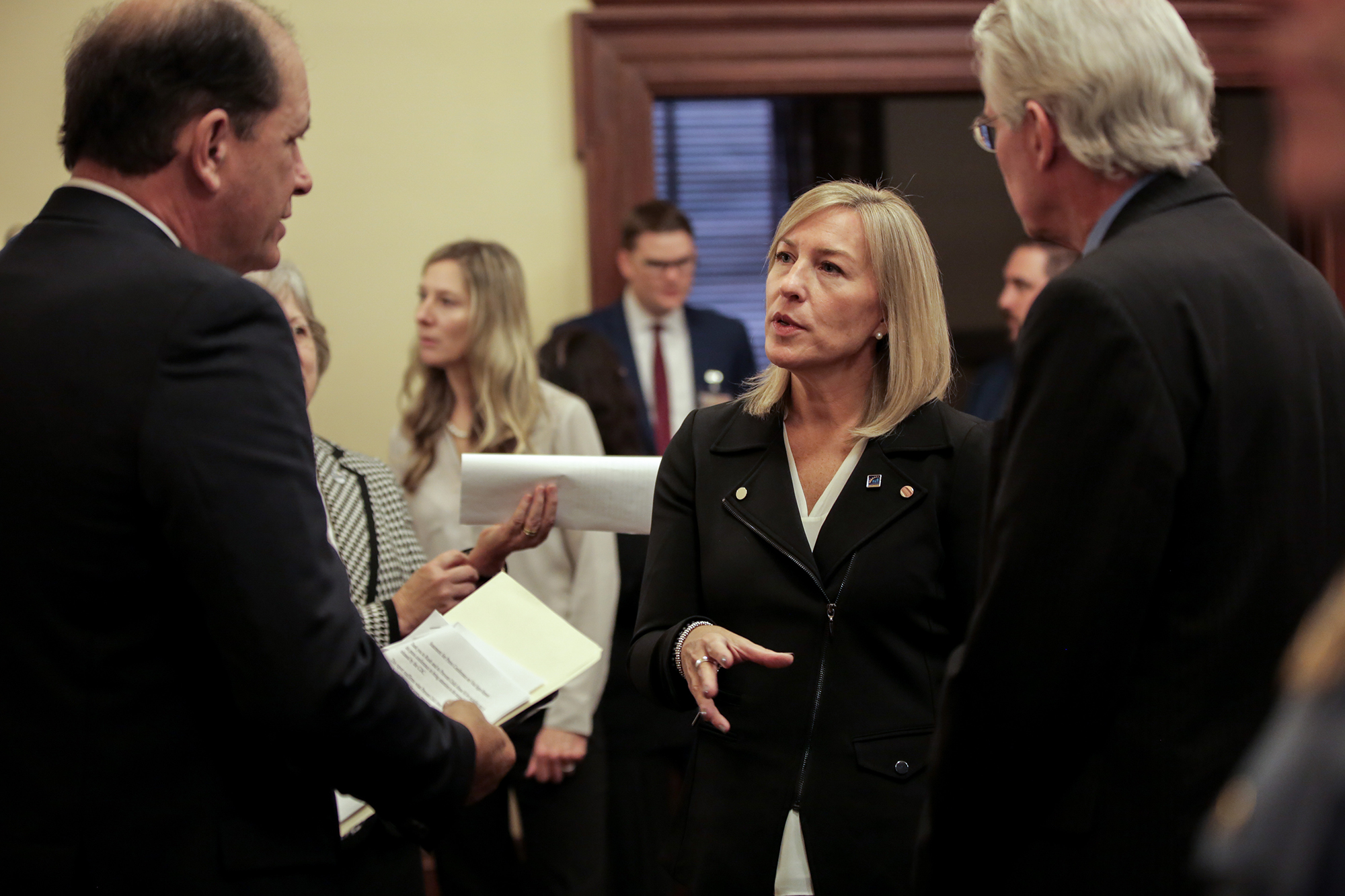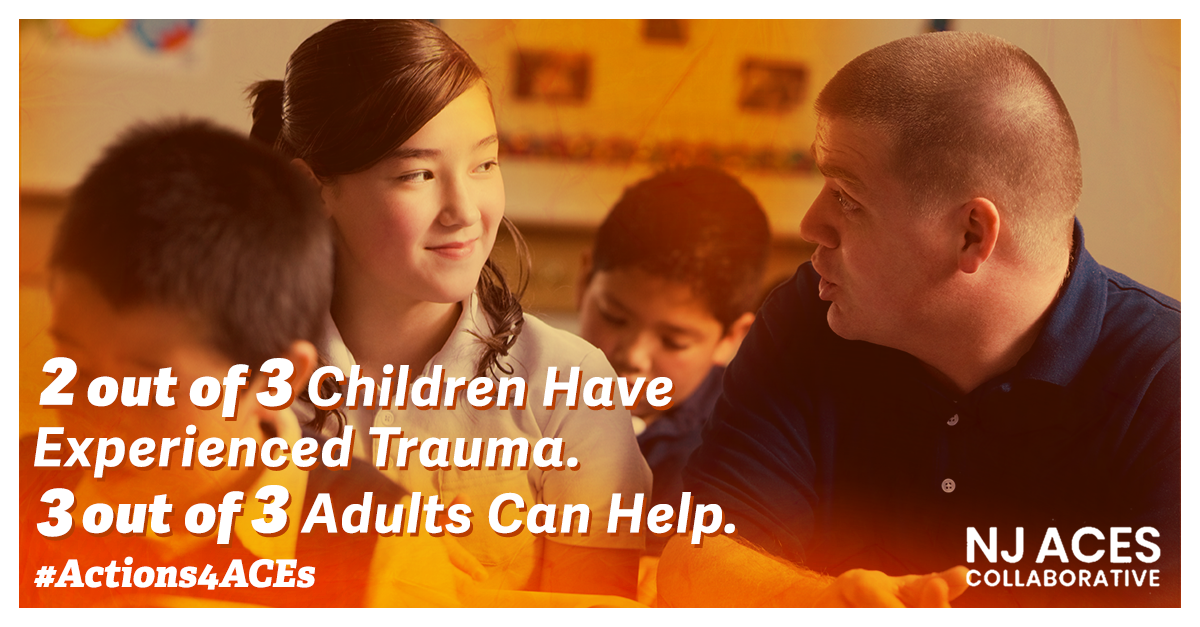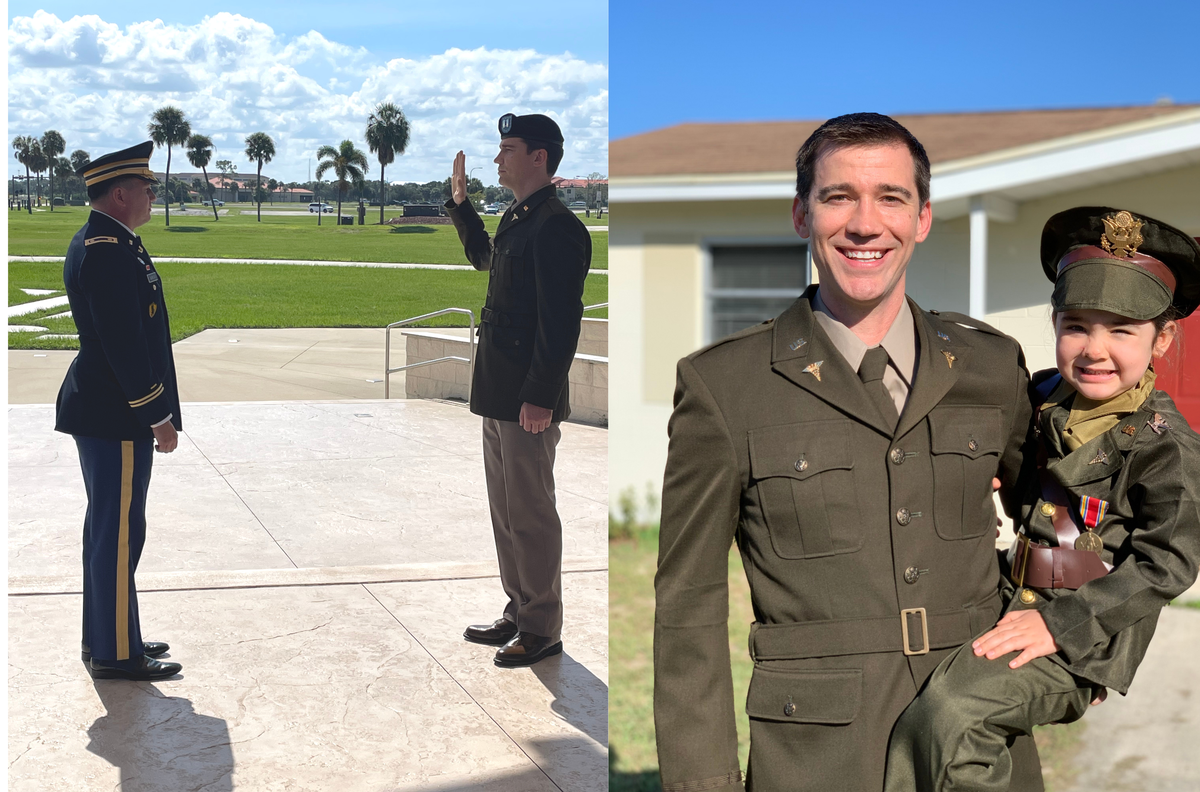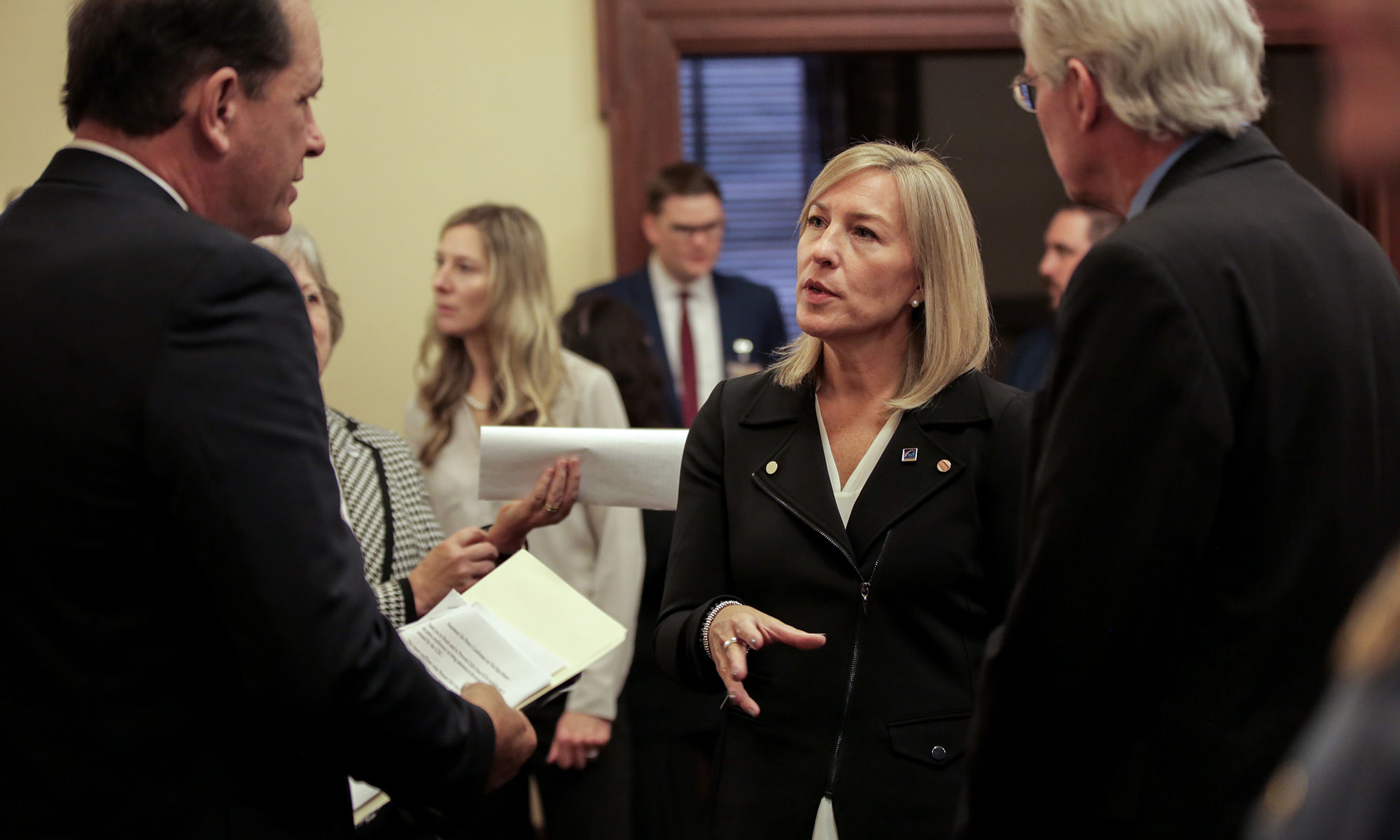👋Welcome to Starting Early. Every other week, we spotlight new reports, useful news, engaging interviews with people doing important work in the field, and interesting takes on issues that matter.
Over the past 3 years, we’ve worked very closely with the New Jersey Department of Children and Families (DCF) to prevent childhood trauma and heal those affected by it. Our partner, Commissioner Christine Beyer, is a leader in upstream work to address adverse outcomes.
This week we take you behind the scenes of DCF to learn more about the Commissioner’s aspirations for the future of child welfare.
And we’re proud to announce that our executive director, Atiya Weiss, will be a 2021 Aspen Institute Ascend Fellow, joining a group of visionary leaders committed to reinventing systems and advancing two-generation solutions that create pathways to economic mobility for families and children. Atiya will join Commissioner Beyer and 17 others in this prestigious program.
Read on and click the links to go deeper.
1 big thing: Significant drop in US children living in poverty 📉
The Biden Administration’s ambitious plan to bring about the largest one-year decrease in child poverty in the history of the US appears to be working.
- In July, child poverty was more than 40% below normal monthly poverty according to recent modelling by scholars at Columbia University. This means 6 million children were kept from poverty in that month.
- Households reporting not having enough food dropped to 9.5% from 7% after the first expanded Child Tax Credit payment was issued.
How we got here: The largest-ever expansion of Child Tax Credits under the American Rescue Plan — plus such other COVID-relief initiatives as stimulus checks issued to most families, higher unemployment benefits, and financial support for businesses — accounted for most of the decline in child poverty.
- Out of necessity, families are spending these new funds on clothing, food, housing, and utilities rather than paying their own debts or bolstering savings, according to the U.S. Census Bureau.
Despite the positive news, many children are still missing out:
- Half of families making too little money to file federal tax returns don’t own a computer to register for benefits; a fifth of such families lack bank accounts into which financial assistance would be deposited.
- In New Jersey,5 million children are in families now receiving various forms of financial support – yet the Center on Budget and Policy Priorities estimates that as many as 86,299 NJ children could miss out on federal Child Tax Credits because their families didn’t make enough money to file federal tax returns.
How to help: The Center recommends that state and local officials, as well as agencies that provide aid to families who struggle to get by — such as SNAP (food stamps) and Medicaid — reach out to those families and help them register for the Child Tax Credit.
2. Dispatches from the field: Re-imagining our child welfare system

Meet Commissioner Christine Norbut Beyer of New Jersey’s Department of Children and Families. Commissioner Beyer and the DCF are implementing an ambitious plan to redesign the child welfare system in partnership with community members, families, and advocates. Commissioner Beyer’s leadership stems from an extensive career in NJ state government and tenure at Casey Family Programs, where she focused on addressing adversity and trauma, and promoting family reunification and kinship care.
The cost of psychological, behavioral, and societal child abuse and neglect goes beyond the health consequences. The financial costs of children in the welfare system are staggering: more spending for hospitalizations, foster care payments, the juvenile and criminal justice systems, and long-term care.
A broken system: “There are times when I’ve talked to parents who say to me, ‘I have a car, but I don’t have money to put gas in my car. If you would give me a gas card instead of a bus pass, that would help me.’ But we don’t typically do that, we don’t give cash. There are limits to how the foster care or child welfare systems have traditionally been able to support families with public dollars. I’ve had parents say to me, ‘You took my child and you placed them with a foster parent, and then you started paying that foster parent $800 a month. If you gave me the $800 a month, I’d be able to take care of my child because I could get to work, and I would be able to pay for childcare.’ It’s those kinds of things that we’ve been hearing from parents, indicating something is not right with our system.”
We discussed:
- Barriers to services and building trust among vulnerable families
- Transforming New Jersey’s child welfare system with kinship care, reunification, and Powerful Families, Powerful Communities
- Innovative ideas and approaches New Jersey’s Department of Children and Families is using to address longstanding issues
Read the full interview here.
3. Addressing the student mental health crisis

The problem: Children of all backgrounds show significant mental-health needs as they go back to school this year. The CDC reported an increase in mental-health-related hospital emergency room visits among kids aged 5-17.
Actions 4 ACEs, the statewide campaign to expand public awareness of Adverse Childhood Experiences (ACEs), launched a back-to-school campaign to help children returning to classrooms and in-person learning this fall readjust to day-to-day life and approach new challenges and stressors the pandemic poses.
Critical interventions: #TraumaTools: Promoting Healing, Recovery, and Wellness this School Year builds awareness among 200,000 educators and school staff to help fight the effects of childhood trauma as students head back to school. The program includes downloadable materials, training for educators, and a social media campaign.
More than 2,000 school staff, from bus drivers to teachers, have been trained so far in healing-centered practices. New schools are invited to apply to join by October 15.
Watch NJ Office of Resilience executive director Dave Ellis discuss the warning signs that a child may have experienced trauma on the NJ Morning Show.
Take the pledge: Please join us in taking a pledge to make simple actions and build supportive relationships with children to reduce the impact of childhood trauma.
One smile to go: Celebrating leadership 🩺

Dr. Ryan O’Mara, an amazing former colleague at the Burke Foundation, was recently sworn in as a Captain with the U.S. Army Medical Service Corps and began a family medicine residency at Oak Hill Hospital in Florida.
We were privileged to meet Ryan while he researched home visiting systems in New Jersey as a graduate student at Princeton’s School of Public and International Affairs. Ryan’s careful research for us helped pave the way for piloting a universal newborn home visiting program in Mercer County. Excitingly, Governor Murphy signed legislation to make New Jersey the first state to offer free voluntary universal home visits within the first two weeks after a birth.
We look forward to following Captain O’Mara’s success and salute him for his work to fix healthcare systems through community-centered care and his service to our country.
Thanks for all you do, Ryan. 👏

